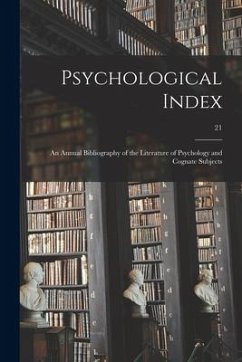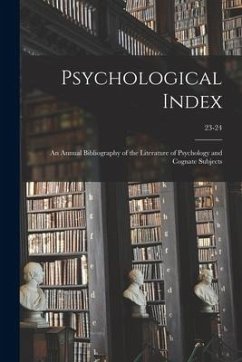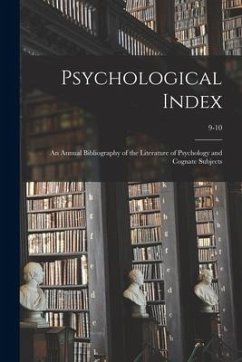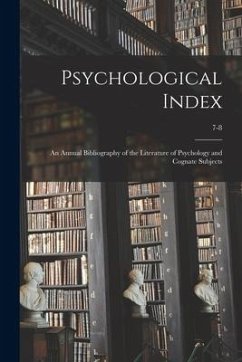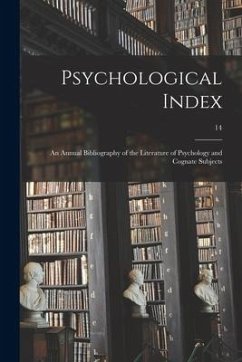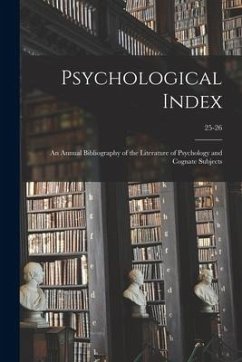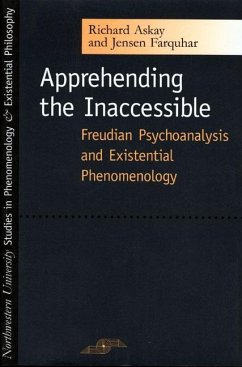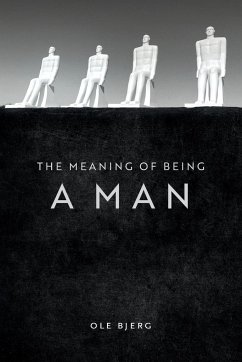
The Unconscious God-Cognate
The Death of Solipsism and the Birth of the Aletheia Archetype
Versandkostenfrei!
Versandfertig in 1-2 Wochen
63,99 €
inkl. MwSt.

PAYBACK Punkte
32 °P sammeln!
The Unconscious God-Cognate is a spectacle of deep, problematic thought, combining many genres of writing styles - from spontaneous prose to synthetic philosophy, from historical theater to analytic psychology - difficult and complex at times, seemingly arbitrary at others, anguishing still at others, yet always searching. In this work, Author Brian Jonathan Wolk confronts the philosophy and psychology of solipsism. Instead of attacking or discounting solipsism like philosophers and psychologists tend to do, Wolk embraces solipsism as his starting point. This embracing of solipsism leads to a ...
The Unconscious God-Cognate is a spectacle of deep, problematic thought, combining many genres of writing styles - from spontaneous prose to synthetic philosophy, from historical theater to analytic psychology - difficult and complex at times, seemingly arbitrary at others, anguishing still at others, yet always searching. In this work, Author Brian Jonathan Wolk confronts the philosophy and psychology of solipsism. Instead of attacking or discounting solipsism like philosophers and psychologists tend to do, Wolk embraces solipsism as his starting point. This embracing of solipsism leads to a new, unique conception of an infinite unconscious which in turn ironically brings about the undoing of solipsism as a viable philosophic and psychological position. Wolk's novel idea of an infinite unconscious also leads to the discovery of its related Jungian archetype - the Aletheia archetype - which Wolk contends took root in classical Greece. This archetype formation offers psychologists the only archetype which began formation in historical times, thereby allowing for further thorough study. Throughout the book Wolk offers insights on various topics such as Being, truth, technology, time, the nature of evil, life after death, remote viewing, dreams, and building on Jung's model the architecture of the individual and collective psyches. As an important and novel theme of the book, Wolk asserts Western classical Greek heritage as heralding the real path to truth in opposition to Western culture's current regressive trend into Eastern mysticism.



